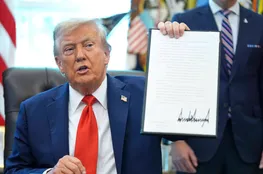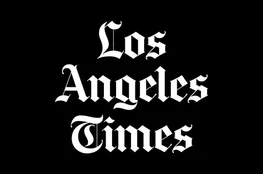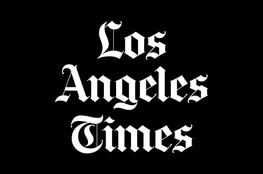El Salvador's President Nayib Bukele recently celebrated his status as the most popular global leader, boasting nearly 90% approval ratings, according to a post shared by the widely followed X account, World of Statistics. Bukele acknowledged this recognition with a cheeky remark, "It's nice to be on top," drawing attention to his popularity surpassing other prominent leaders such as Indian Prime Minister Narendra Modi, Russian President Vladimir Putin, and U.S. President Joe Biden.
However, despite this claim, it's unclear where the data originated, as Morning Consult's analysis, a notable decision intelligence firm, still lists Modi as the leading figure based on data collected from September 25 to October 1. The significance of Bukele's leadership extends beyond mere popularity. Under his administration, El Salvador has become a focal point in global headlines, particularly for its groundbreaking adoption of Bitcoin as legal tender in 2021.
This bold move has positioned the country at the forefront of digital currency discussions, sparking both intrigue and controversy. Furthermore, technology icon and billionaire Elon Musk has openly praised Bukele, describing him as a "very smart guy" during a rally for Donald Trump at New York City's Madison Square Garden. Musk's commendation indicates an endorsement of Bukele's innovative policies, especially regarding freedom of speech, even though such claims have faced scrutiny.
Despite the accolade, Bukele's leadership is not without criticism. El Salvador's ranking in the World Press Freedom Index for 2024 experienced a significant drop, falling to 133rd out of 180 countries, a decrease of 18 places from the previous year. Critics point to the government’s approach to addressing gang-related violence, which has resulted in the detention of thousands, as a possible factor for this ranking.
These controversial methods highlight the complexities and challenges within Bukele's governance. The discussion surrounding Bukele reflects a broader debate on global leadership and innovation, as seen in the ongoing dialogue about Bitcoin and press freedom in developing nations.
























